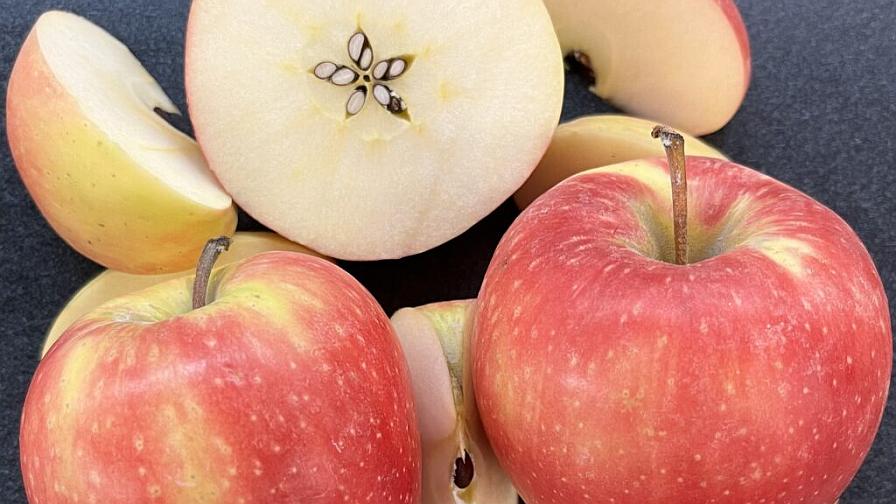Buzz Building for Solutions To Honey Bee Colony Collapse
The University of California, Riverside, is leading a new effort to stop and reverse a worldwide decline in honey bees, which threatens food security and prices.
Honey bees pollinate more than 80 agricultural crops. Several factors, including pesticide exposure and the spread of parasites and environmental changes, are to blame for the widespread collapse of bee colonies over the past decade.
To boost dwindling honeybee populations, the University of California’s Office of the President has awarded $900,000 to a four-campus network of bee researchers and engineers.
“This will become one of the largest honey bee health networks in the country,” said Boris Baer, a Professor of entomology at UC Riverside and principal investigator of the project. “I’m very excited about so many different kinds of bee expertise joining forces through this project.”
The network, which includes researchers from the UC-Davis, San Diego, and Merced campuses, is approaching the problem in three main ways.
The first is through breeding programs — a particular focus of Baer’s laboratory. “We seek to identify and breed bees that are better able to cope with environmental stress,” he said.
A second goal of the new network is to develop medications and treatments for sick bees. Certain types of honey bees generate molecules that make them more tolerant of pesticides and parasites. New technology will enable the scientists to isolate those molecules and use them as a basis for drugs.
Continue reading at news.ucr.edu.









